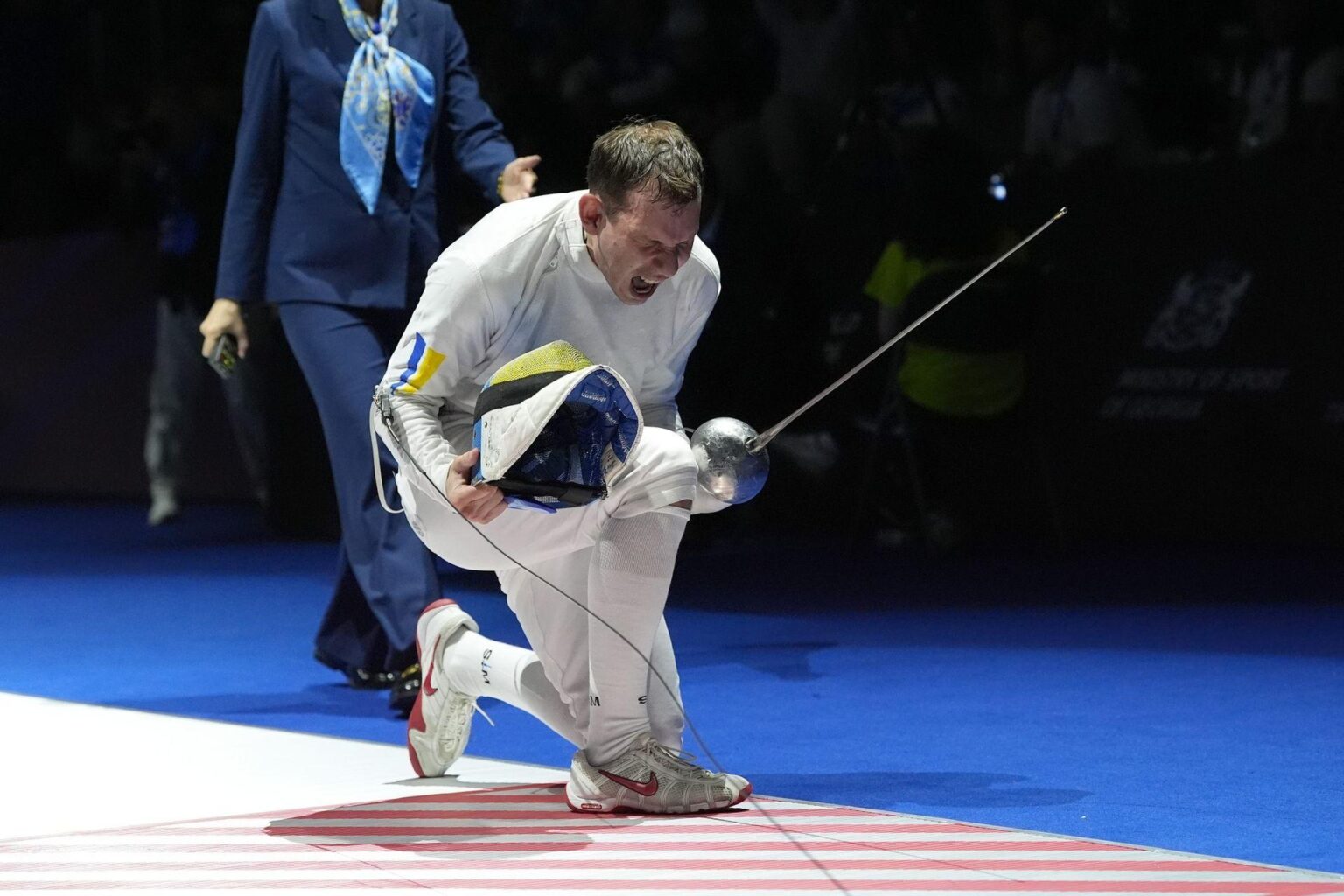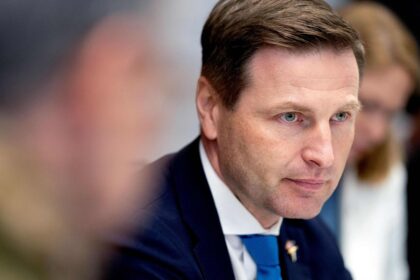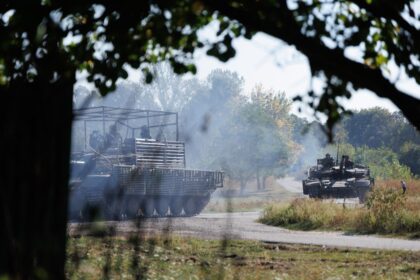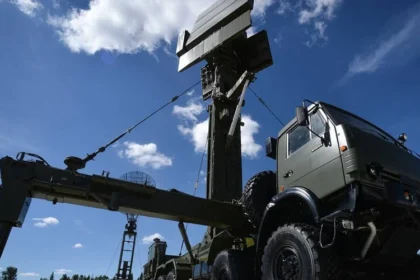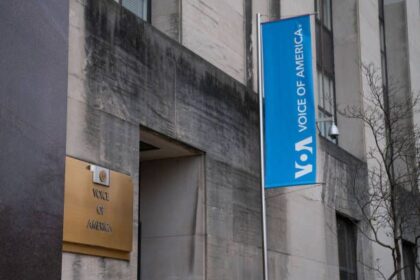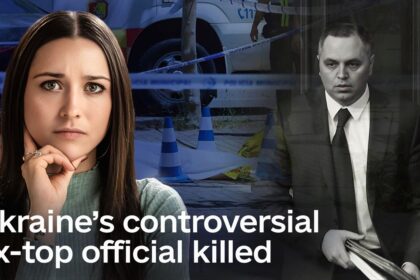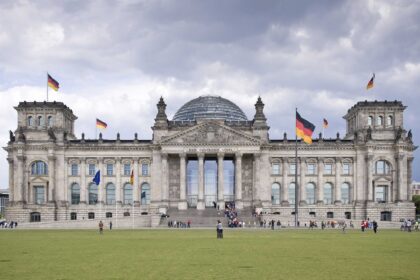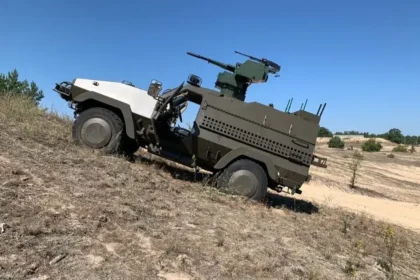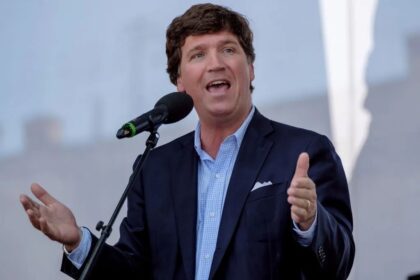**Ukraine’s Fencers Shine at World Championships Amid Protests**
The Ukraine national fencing team made a strong showing at the World Championships in Tbilisi, Georgia on July 27. In addition to securing a gold medal through epee fencer Vlada Kharkova, two Ukrainian athletes claimed bronze medals in individual events.
Alina Komashchuk, a 32-year-old sabre fencer, and Nikita Koshman, a 23-year-old epee fencer, each won their first-ever World Championship medals. Their achievement is all the more impressive considering the tensions surrounding the competition.
**Protests Erupt Over Russian and Belarusian Athletes’ Participation**
The protests that took place near the hotel housing Russian athletes and outside the Sports Palace venue highlighted the ongoing controversy over Russia’s participation in international sporting events. Despite calls from the International Olympic Committee (IOC) to exclude Russian and Belarusian athletes with ties to the military or who have supported Ukraine’s invasion, the International Fencing Federation (FIE) allowed 40 Russian and Belarusian fencers to compete under neutral status.
President of the Georgian Fencing Federation Merab Bazadze acknowledged that he was aware of the Russian athletes’ military ranks but maintained that Georgia was bound by the FIE’s rules. He also stated that “sport should not interfere with politics.”
**A Divided World**
The protests in Tbilisi reflect a broader divide within the international sporting community regarding Russia’s participation in competitions. As tensions remain high between Ukraine and Russia, it is likely that this debate will continue to shape global sports events.
In a recent move, the FIE allowed Russian Army Major Sofia Velikaya and Lieutenant Yana Yegoryan to compete despite their ties to the military. This decision has been met with criticism from some quarters, who argue that it contradicts the IOC’s recommendations on excluding Russian athletes with military connections.
As Kateryna Hodunova notes in her article for The Kyiv Independent, this controversy is a reminder of the complexities and challenges facing international sports organizations as they navigate global politics.




